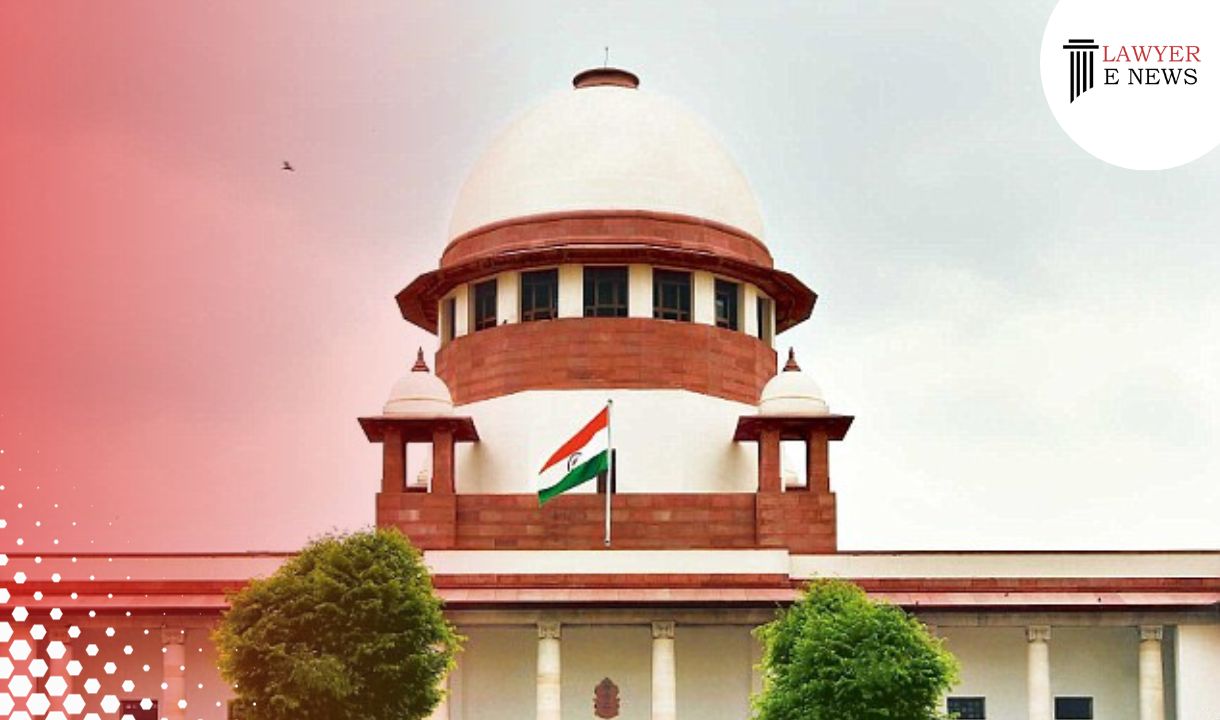-
by Admin
15 February 2026 5:01 PM



In a significant judgment, the Supreme Court of India today modified the sentence of the appellant Navas @ Mulanavas in a quadruple murder case. The sentence, previously set at 30 years of life imprisonment without remission by the High Court, was reduced to 25 years, including the period already served.
The judgment centered on the appellant’s conviction under Sections 302, 449, and 309 of the Indian Penal Code (IPC) for the premeditated murder of four family members and an attempt to commit suicide. The Supreme Court’s decision primarily dealt with the appropriate quantum of punishment under Section 302 IPC, considering both aggravating and mitigating factors.
The case pertains to the murder of Latha, Ramachandran, Chitra, and Karthiayani Amma, and the attempted suicide of the appellant. The High Court confirmed the conviction but modified the trial court’s death sentence to 30 years of imprisonment without remission. The key issue before the Supreme Court was whether this sentence was excessive, given the circumstances.
The Supreme Court, while upholding the conviction, observed, “The act committed by the accused was pre-planned/premeditated, involving the brutal murder of four persons, including a child and an elderly woman, reflecting a cold-blooded and diabolic nature.” However, the Court also considered mitigating factors such as the appellant’s young age at the time of the offence (28 years), absence of a profit motive, his behavior in jail, and the fact that he did not try to flee from justice.
The Court referred to various precedents, including Swamy Shraddananda v. State of Karnataka, to determine the proportionality of the sentence. It emphasized the principle of proportionality in sentencing, balancing the aggravating and mitigating factors.
Decision : The Supreme Court modified the sentence to 25 years of imprisonment without remission under Section 302 IPC, including the period already served. The Court held that this revised sentence would meet the ends of justice, considering the appellant’s age, conduct in jail, and the severity of the crime.
Date of Decision: March 18, 2024.
Navas @ Mulanavas vs State of Kerala,
